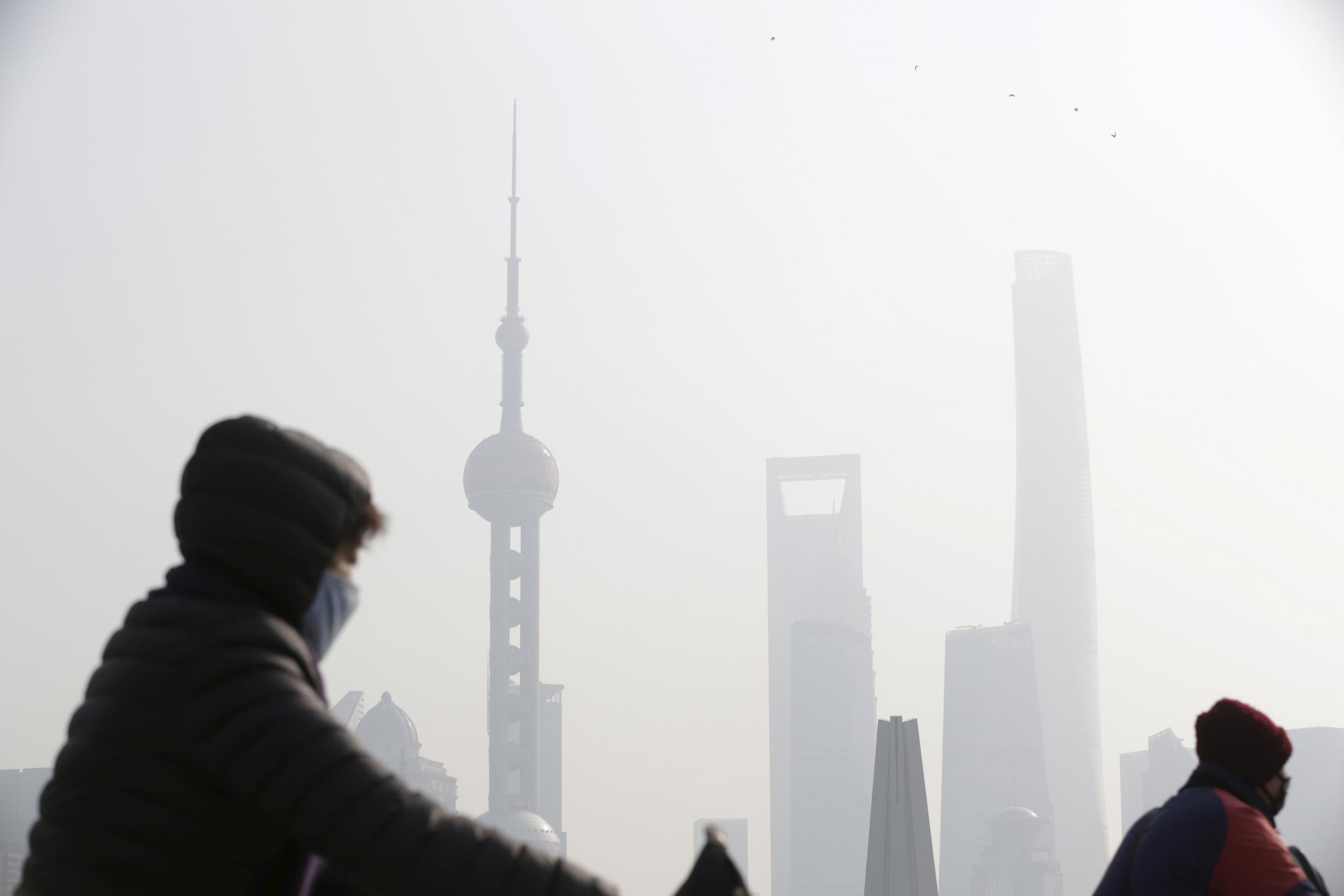93% of world's children breathing toxic air which 'stunts brains' and causes deadly disease, WHO warns
Exhaust fumes and pollution ‘uniquely damaging’ to children and causing deaths of half a million under-fives each year

Your support helps us to tell the story
From reproductive rights to climate change to Big Tech, The Independent is on the ground when the story is developing. Whether it's investigating the financials of Elon Musk's pro-Trump PAC or producing our latest documentary, 'The A Word', which shines a light on the American women fighting for reproductive rights, we know how important it is to parse out the facts from the messaging.
At such a critical moment in US history, we need reporters on the ground. Your donation allows us to keep sending journalists to speak to both sides of the story.
The Independent is trusted by Americans across the entire political spectrum. And unlike many other quality news outlets, we choose not to lock Americans out of our reporting and analysis with paywalls. We believe quality journalism should be available to everyone, paid for by those who can afford it.
Your support makes all the difference.More than nine out of every ten children on Earth are breathing toxic air on a daily basis which stunts their brain development and causes deadly disease, according to a major report by the World Health Organisation (WHO).
While air pollution is an increasingly recognised problem, which costs the global economy more than $5 trillion (£3.89 trillion) a year, it is “uniquely damaging” to children’s health, the WHO warns.
It reports that 93 per cent of children – 630 million under-fives – live in areas where pollutants breach WHO-recommended safety levels, and even in wealthier countries 52 per cent of under-fives are routinely breathing harmful air.
“Polluted air is poisoning millions of children and ruining their lives,” said WHO director general Dr Tedros Adhanom Ghebreyesus, who recently likened the health emergency to the impact of smoking. “This is inexcusable. Every child should be able to breathe clean air so they can grow and fulfil their full potential.”
The toll is highest in developing countries in Africa and Asia where wood, coal and kerosene fuels are widely used in the home for cooking and heating, alongside more polluting fuels used for transportation.
These home air pollutants cause around 400,000 deaths of children under five each year, in addition to the 300,000 deaths from environmental air pollution such as smog and exhaust fumes.
Over the past decade the evidence of health impacts of this type of pollution has grown.
The most established impact is on lung development and function, and some of this harm can occur while the child is still in the womb, undermining lifelong health.
Minute particles of soot and other particulate matter (PM2.5s) can penetrate the lungs and have even been identified in the placenta; these – in combination with gasses like nitrogen dioxide and ozone – can increase the risk of conditions like pneumonia.
The report includes cases in Canada where children with severe but controlled asthma had been put at risk of serious attacks by increasing levels of pesticide spraying on nearby fields and cars idling outside the playground.
However, there are a host of other conditions that air pollution can drive up when entire continents are unable to escape the fumes. The report says there is now “substantial evidence” of traffic-related air pollution increasing risk of childhood leukaemia, with some studies suggesting these risks can begin in the womb.
It may also impact outcomes like premature birth and infant mortality, and impact brain development in the womb and early childhood, undermining school performance and contributing to conditions like ADHD and autism – though this is harder to disentangle from other socioeconomic effects.
Director of the WHO Department of Public, Environmental and Social Determinants of Health, Dr Maria Neira, said she hopes the report will make the case for governments to invest in healthier fuels and transport – as well as basic electricity infrastructure in developing nations.
“Air pollution is stunting our children’s brains, affecting their health in more ways than we suspected,” she said. “But there are many straightforward ways to reduce emissions of dangerous pollutants.”
Join our commenting forum
Join thought-provoking conversations, follow other Independent readers and see their replies
Comments